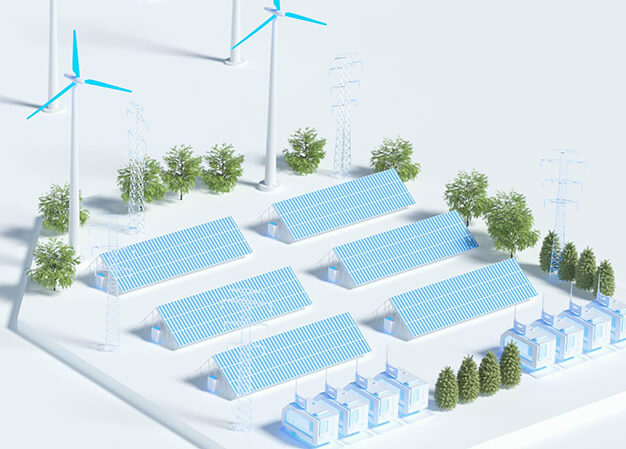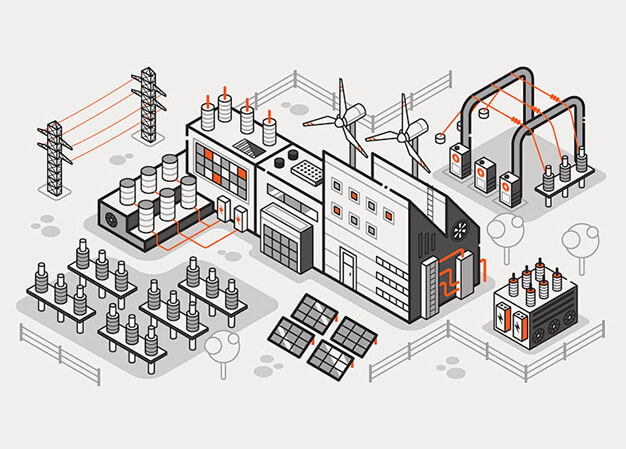
2024-06-12
In addition to playing an important role in the power system, the energy storage industry is also rapidly expanding its emerging applications in multiple non-traditional power fields. The following are some of the main emerging application directions:
1. Smart Home and Microgrid: Energy storage systems are integrated into smart home design and become a part of household energy management. They can store the electricity generated by solar photovoltaic panels, increase the proportion of spontaneous self use, and achieve independence and economy in household energy use. In communities or remote areas, combining microgrids with energy storage technology can improve the stability and reliability of energy supply.
2. Transportation sector: The popularity of electric vehicles (EVs) and electric bicycles has promoted the application of battery energy storage technology in personal transportation. In addition, electric ships, electric aircraft, and public transportation are actively exploring the use of energy storage technology to reduce dependence on fossil fuels and lower emissions.
3. Data centers and communication base stations: In order to ensure uninterrupted power supply, data centers and communication base stations are equipped with energy storage systems, especially when used in conjunction with renewable energy, which can ensure the stability of energy supply and reduce carbon footprint.
4. Emergency preparedness system: Energy storage technology has shown tremendous value in natural disaster response and power supply support in emergency situations. Portable energy storage devices and mobile energy storage units can provide temporary power support in the event of a power outage, ensuring the normal operation of critical infrastructure and rescue operations.
5. Agriculture and Fisheries: Energy storage systems have also begun to play a role in modern agriculture and fisheries, such as supporting irrigation systems, water temperature regulation in aquaculture, and lighting. Especially in areas far from the power grid, energy storage solutions can improve production efficiency and sustainability.
6. Commercial buildings and public facilities: Commercial complexes, office buildings, hospitals, schools and other public facilities adopt energy storage systems, combined with renewable energy generation, to achieve energy self-sufficiency, reduce electricity bills, and enhance energy security.
7. Industrial production and manufacturing: In certain specific industrial processes, energy storage technology can help enterprises better manage energy consumption, especially in areas with large peak valley electricity price differences. By storing electricity during low price periods and using it during high price periods, costs can be effectively reduced.
With the advancement of technology and the decrease in costs, the application of energy storage technology in these emerging fields will become more widespread, providing important support for achieving a more green, flexible, and efficient energy system.


<< Previous Page
Next Page >>